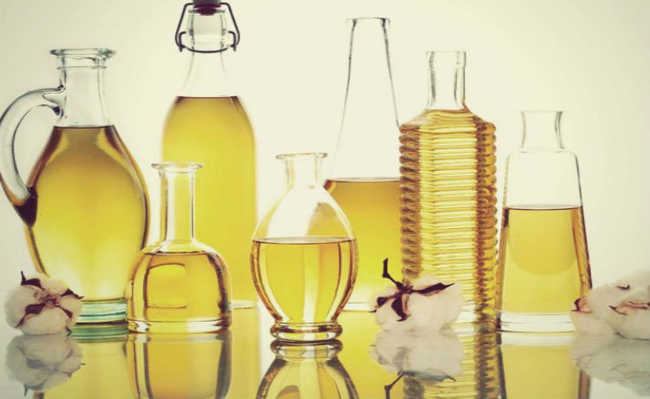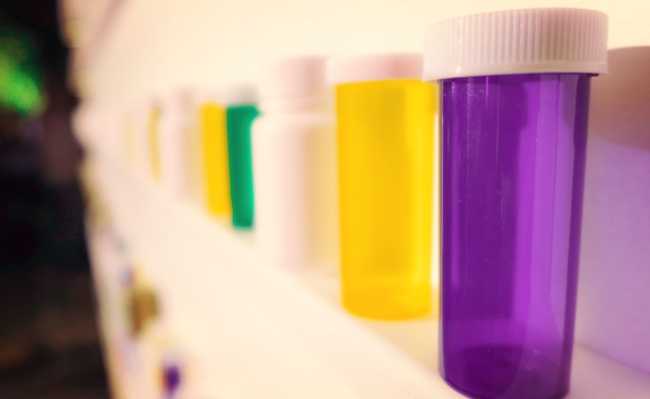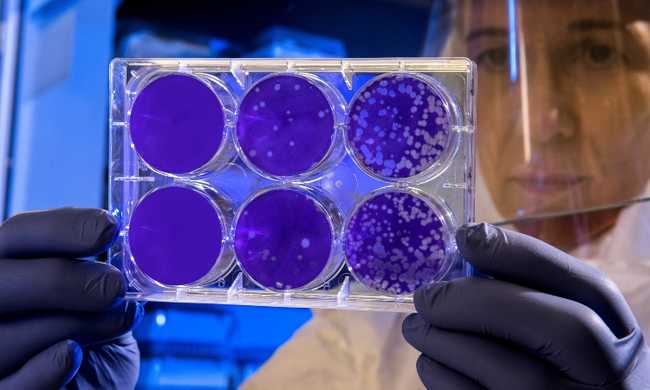Why shouldn't we drink tap water?
Even considered safe for consumption, tap water can contain several substances that can cause serious damage to health.

Many people wonder if drinking tap water is bad for their health. It is considered suitable for consumption in several regions of Brazil, depending on the treatment carried out and the quality of the water at the location. However, despite this, drinking water directly from the tap, without any kind of procedure to filter it, can put your health at risk.
There are several factors that can harm (a lot!) the quality of the water, such as an inadequate treatment process, improper storage or even a rusty and dirty piping system. Another problem is that, for some substances, such as medicines that contaminate water, there is still no adequate treatment for their elimination.
Of course, compared to untreated water, the water that runs through our taps is a great wealth. Furthermore, this water will not poison you or produce any immediate effects, but drinking it for a long time can cause serious damage to your health. Check out what can be found in tap water:
Arsenic
It is considered a carcinogen. Scientifically speaking, it is associated with lung cancer - it is suspected that it can also cause bladder and skin cancer.
Volatile Organic Compounds (VOCs)
Found in solvents in general, these substances end up contaminating water bodies. In water treatment, their removal is a complicated process and ineffective for some compounds, such as phenols, which are very soluble in water. Exposure to this type of material can cause headaches, skin allergies, irritation of the eyes, nose and throat, shortness of breath, fatigue, dizziness and poor memory. During long periods of exposure, VOCs can damage the liver and the central nervous system.
Fluoride
There are some debates about the effects of this substance on human health. Popularly known only as fluoride, while it protects teeth against cavities, its excessive intake can contribute to the development of health problems, such as low immunity, increased risk of cancer and suppression of thyroid function. The vast majority of European countries have banned the use of this substance in water treatment.
Heavy metals
Heavy metals are toxic and, when accumulated in our body, can harm it. Each one has a certain effect on the human being, varying according to the period of exposure. Mercury attacks the nervous system; lead and cadmium can cause cancer (learn more here); arsenic accumulates in the kidney and liver, causing problems in many organs - if chronic exposure is present, it can result in cancer due to vascular disorders; Excess chromium potentially generates side effects such as tiredness, loss of appetite, tendency to bruises, nausea, headaches, dizziness, urinary changes, nose bleeding and urticaria-like skin reactions.
Bacteria and Viruses
They can appear in water exposed to the environment, either through inadequate plumbing systems or storage in open reservoirs. These microorganisms are responsible for causing various diseases.
Aluminum
Tap water can contain large amounts of aluminum - potentially leading to nervous system disorders, gastro-intestinal problems, Parkinson's disease, skin problems, liver disease and an increased risk of developing Alzheimer's.
chlorine
Chlorine is widely used in water treatment to eliminate microorganisms, so it is very common in swimming pools. When consumed in high concentrations, it is toxic. By interacting with water, the substance creates trihalomethanes (THMs) which, when ingested, can encourage the growth of free radicals capable of damaging and destroying cells. Studies show a link between chlorine consumption and a higher incidence of bladder, rectal and mana cancer, as well as fertility problems.
Medicines
The amount of medicines found in bodies of water is growing more and more. You can find antibiotics, antidepressants, birth control medications, among others. The problem is that treatment plants are not prepared to eliminate these substances that, even in low concentrations, can harm our health, especially if you are allergic to any of them.
Solutions
Mineral water may seem like a plausible solution, but one must take into account several factors that make this option unfeasible. In addition to having a much higher cost and generating tons of waste in the production of plastic bottles (especially those of two liters or 500 ml), causing damage to the environment, its quality is no better than tap water, in addition to having other substances that can be harmful to our health. One of them is BPA, or bisphenol-A, a substance that can be found in plastic bottles; with the mechanical action or with the increase of temperature on the bottle, the BPA contaminates the water. This substance is related to several health problems, such as cancers, hormonal problems, heart disease, diabetes, among others. In addition to other factors, it is because of the BPA that the reuse of water bottles (two liters or 500 ml) is not recommended due to the possible contamination of this substance. The risks are greatly mitigated in ten or 20 liter gallons as they do not come into contact with human saliva - but the problems related to BPA remain.
Most of the problems are located in water storage. Therefore, it is important to clean the water tanks regularly (at least every six months), in addition to always keeping it well closed to ensure its potability. Another solution is the use of water purifiers or filters that improve water quality, making its consumption safe by eliminating impurities. However, it is worth remembering that, depending on the type of filter or purifier, some substances and micro-organisms end up remaining in the water, which can still bring some harm to health. However, this is considered the best solution, in addition to being the cheapest.
A widely used method for treating homemade water is boiling it. This process eliminates bacteria and should be applied in regions where water treatment by public supply is not ideal or appropriate. However, this process does not eliminate the sediments found in the water - partial health risks in the same way.










